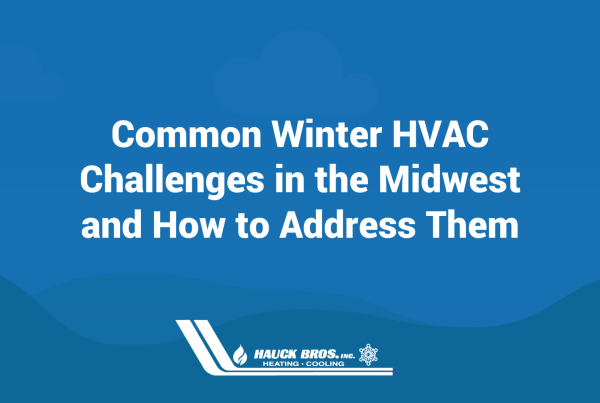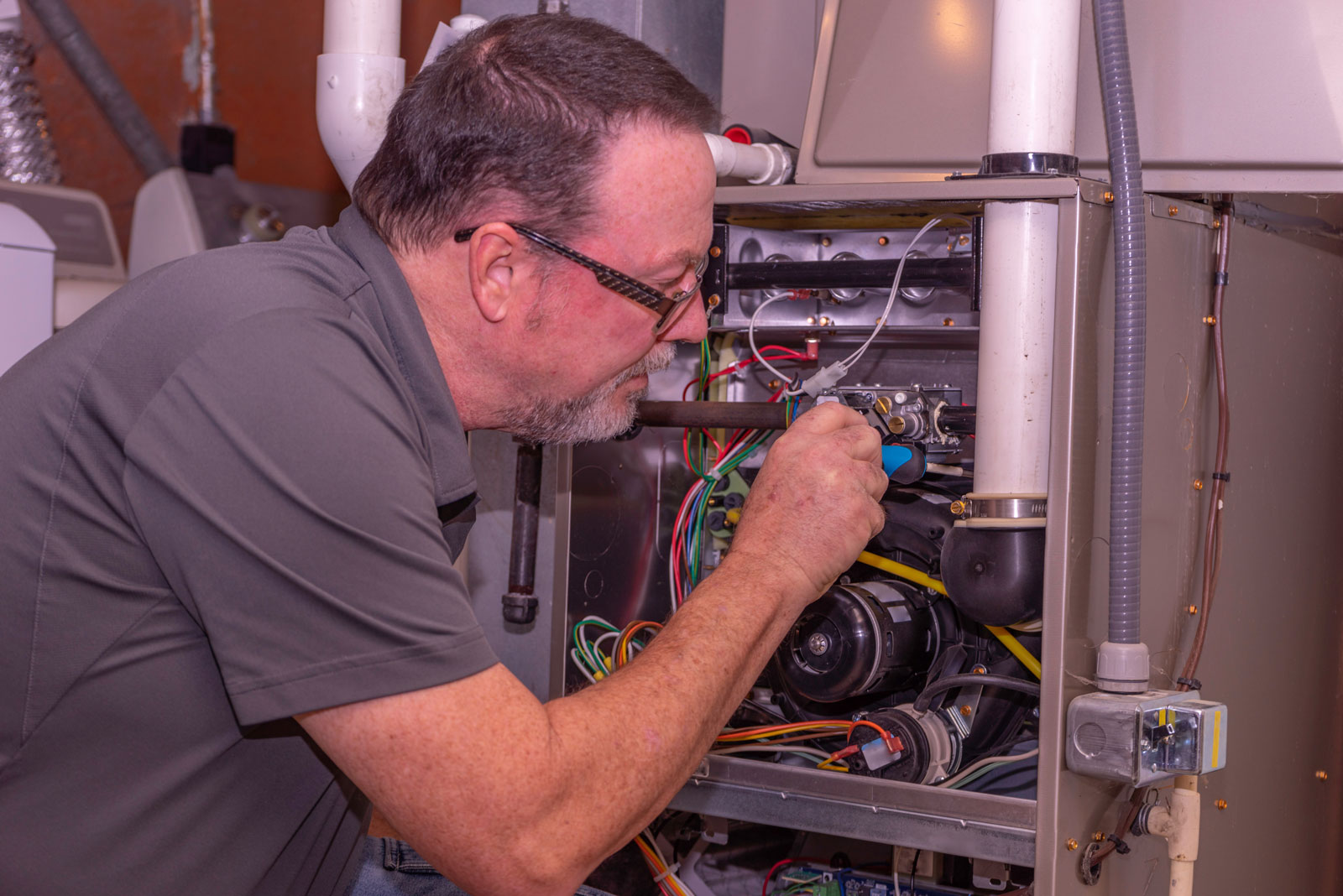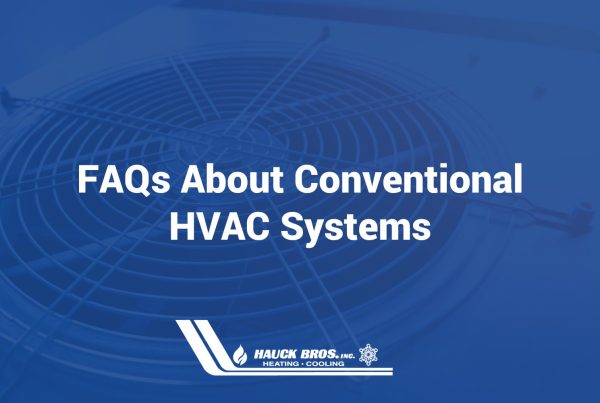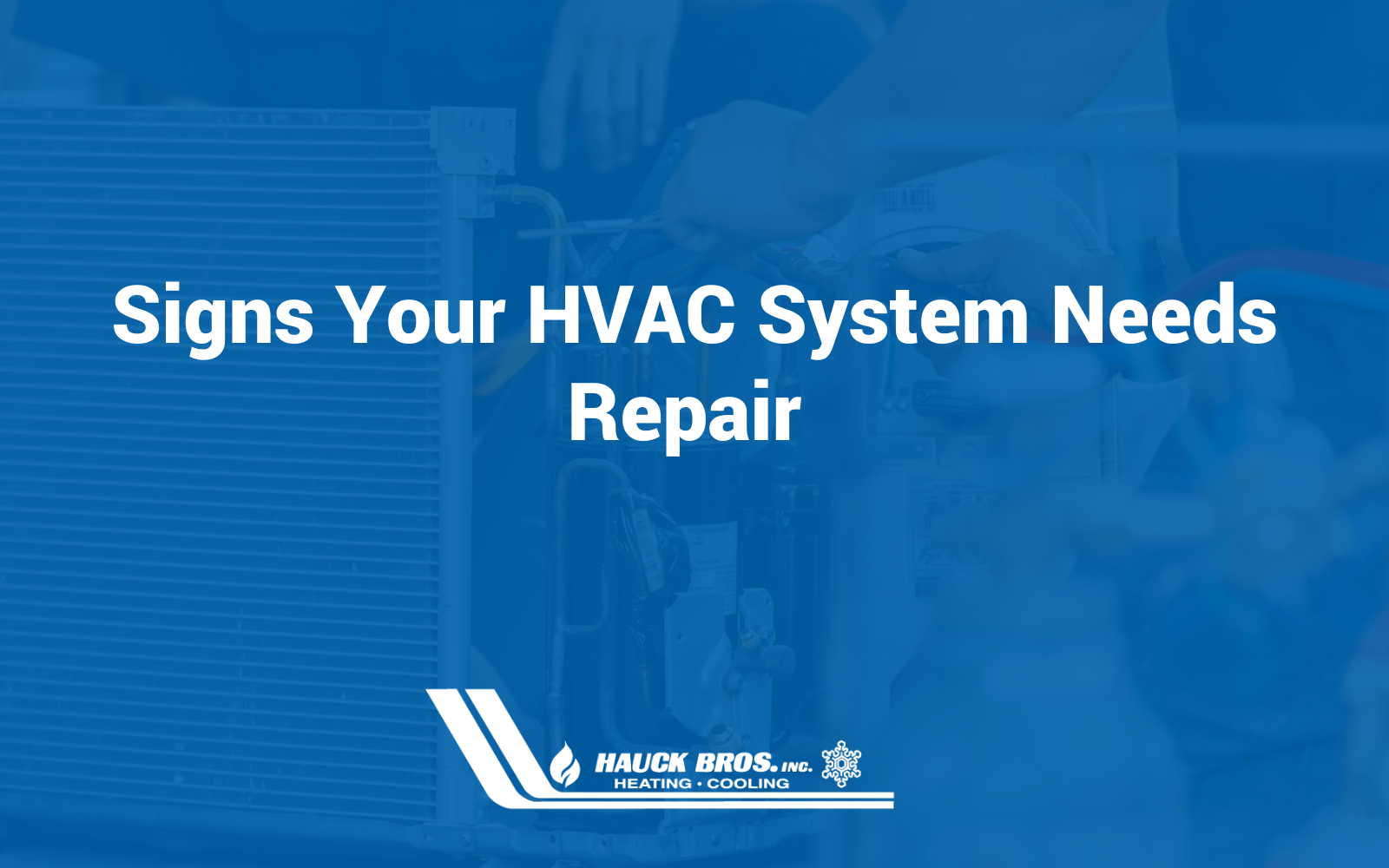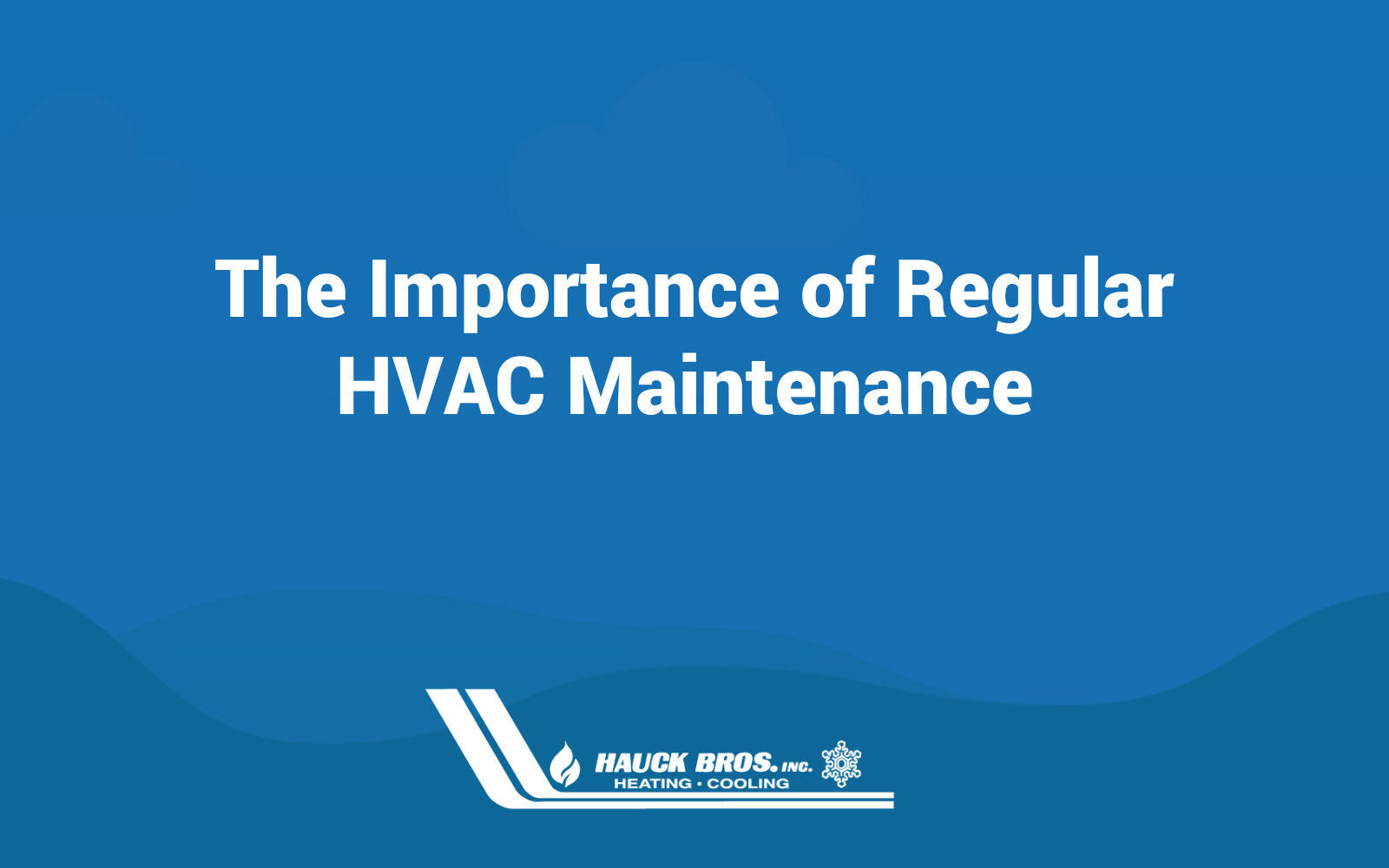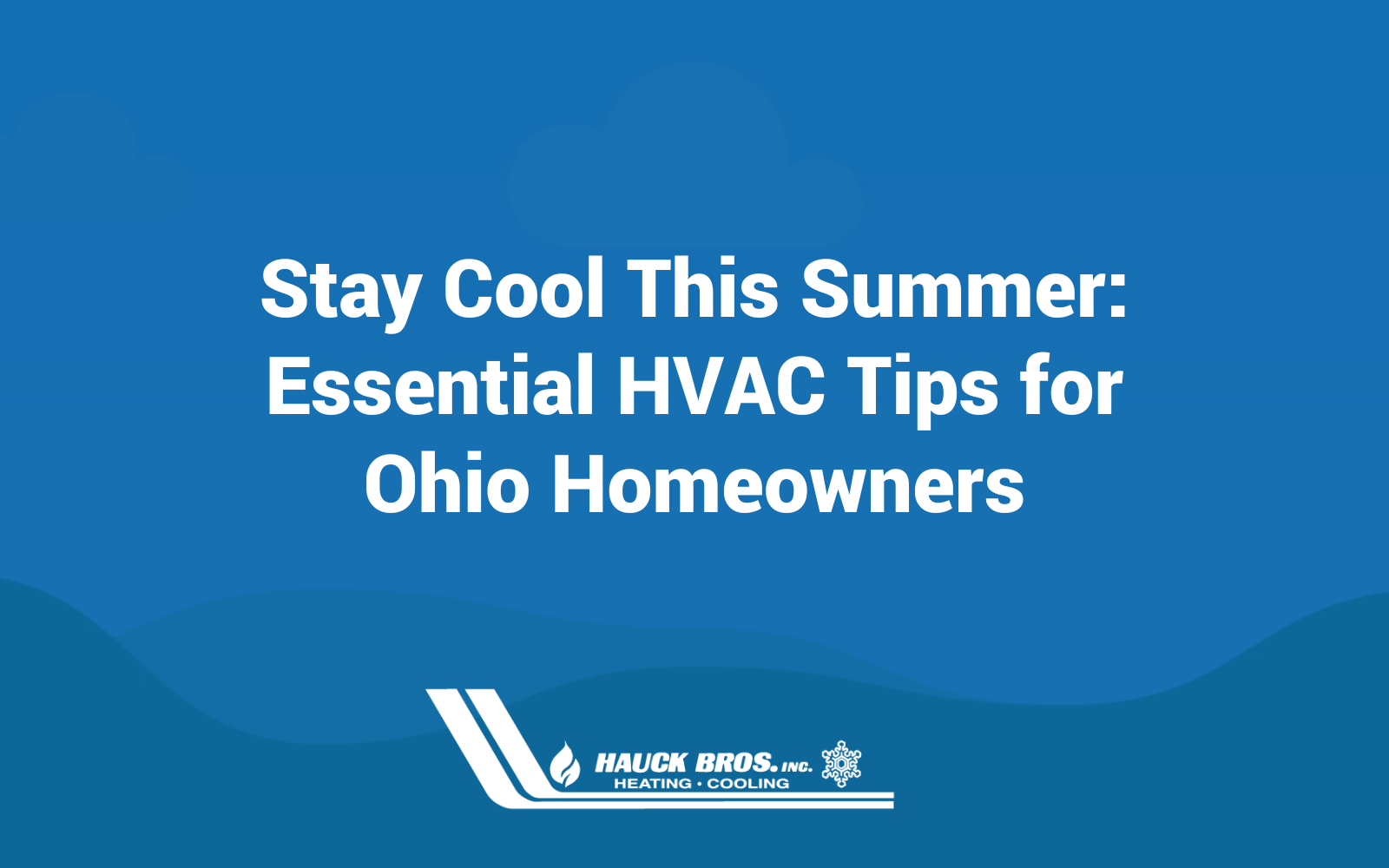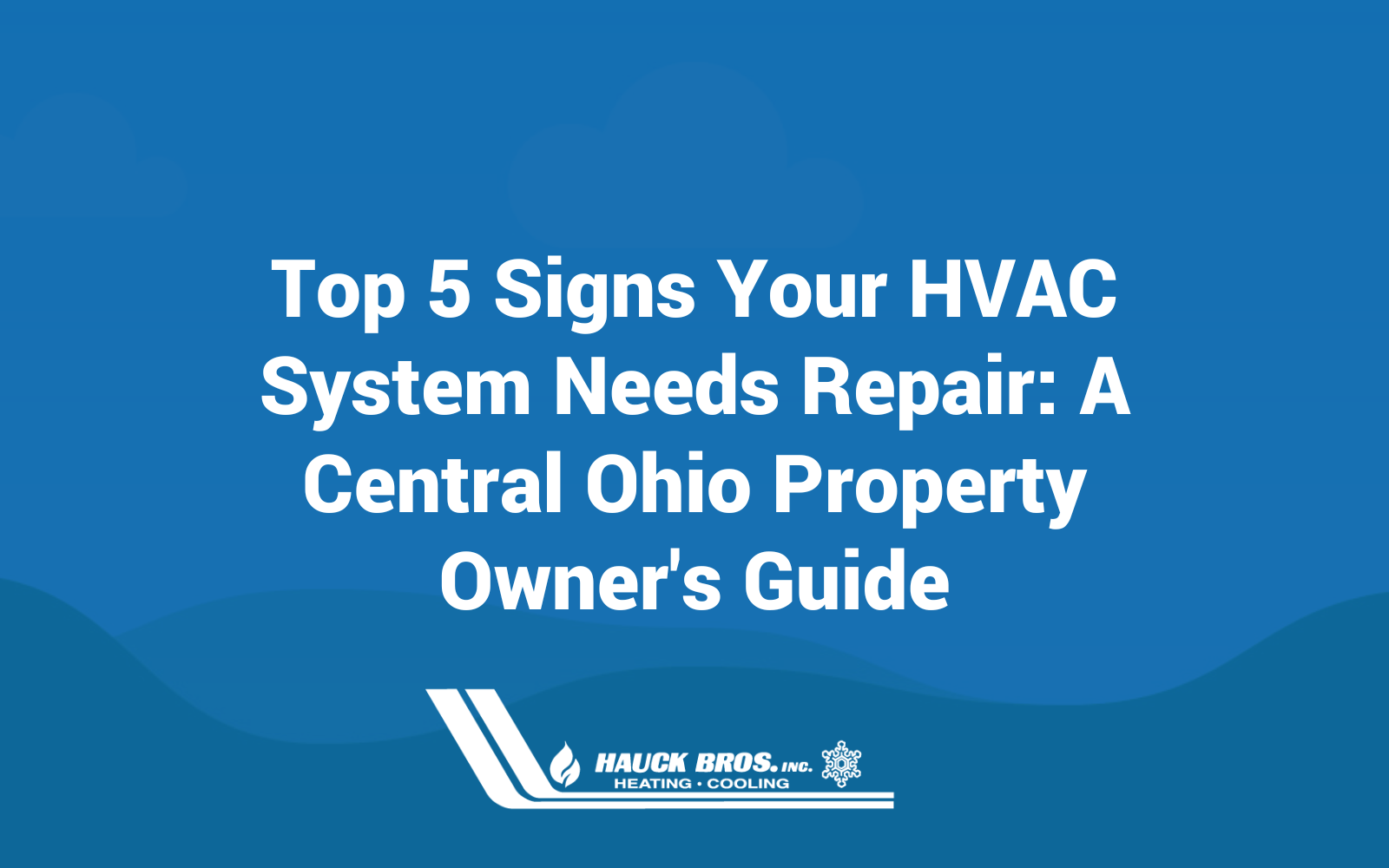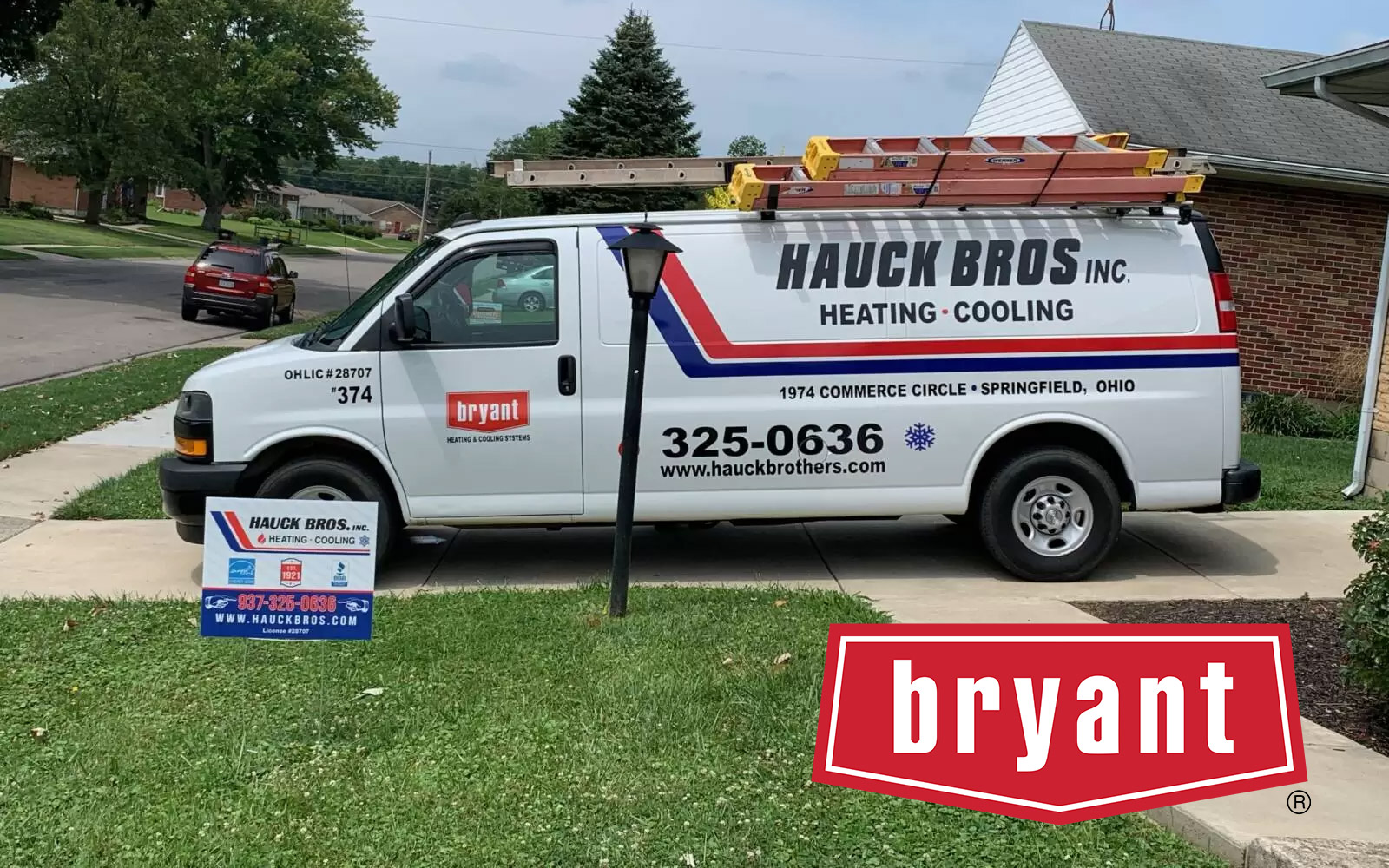
Expertise, Trust, and Total Comfort – Backed by Bryant and Delivered by Hauck Bros.
When it comes to investing in a new heating and cooling system, choosing the right equipment is only part of the equation. Just as important is choosing the right dealer, someone who has the knowledge, experience, and support to make sure your system performs efficiently and reliably. That’s why Hauck Bros. is proud to be a Bryant Factory Authorized Dealer, serving homeowners and businesses throughout Springfield, Dayton, Columbus, and beyond.
Here’s why working with a Bryant Factory Authorized Dealer like Hauck Bros. is the smart choice for your residential or commercial HVAC needs.
Backed by Bryant’s 100% Satisfaction Guarantee
When you choose a Bryant Factory Authorized Dealer, you’re not just getting a quality HVAC system – you’re getting peace of mind.
Bryant is so confident in the quality of its equipment and its authorized dealers that it offers a 100% Satisfaction Guarantee. If you’re not fully satisfied with your new Bryant system within the first year of installation, we’ll do what it takes to make it right. That includes correcting the problem or removing the equipment and refunding your purchase.
That’s our promise: total comfort, completely guaranteed.
Trained and Tested: NATE-Certified Technicians
At Hauck Bros., our technicians are certified through North American Technician Excellence (NATE®) – the most respected certification program in the HVAC industry.
NATE certification ensures our team has the skills, knowledge, and up-to-date training to handle even the most complex systems with confidence. Whether you need a residential AC installation or a commercial heating system upgrade, you can count on our technicians to do the job right the first time.
Expert Installation for Peak System Performance
The performance of your HVAC system depends as much on the quality of the installation as it does on the equipment itself. As a Bryant Factory Authorized Dealer, Hauck Bros. meets strict standards set by Bryant for technical expertise, customer satisfaction, and business practices.
We’ll work with you to assess your needs, recommend the best system for your space, and install it with precision to ensure maximum comfort, energy efficiency, and long-term reliability.
We Do “Whatever It Takes”
Bryant Factory Authorized Dealers are known for doing “Whatever It Takes®” to earn your trust and exceed your expectations. At Hauck Bros., that’s more than a slogan, it’s how we do business every day.
From personalized consultations and professional installations to maintenance and ongoing support, we’re committed to helping you get the most from your Bryant system for years to come.
Residential and Commercial Solutions You Can Rely On
Whether you’re a homeowner upgrading your furnace or a business looking for a custom commercial HVAC solution, Hauck Bros. has the expertise and support to meet your needs. As a Bryant Factory Authorized Dealer, we offer:
- High-performance air conditioners, heat pumps, and furnaces
- Geothermal and duct-free systems
- Packaged rooftop units and ventilation systems for commercial spaces
- Indoor air quality solutions, including filters, humidifiers, and UV lights
Choose Hauck Bros., Your Trusted Bryant Dealer
As a Bryant Factory Authorized Dealer, Hauck Bros. is proud to bring the best in HVAC technology, service, and customer care to every installation. With over a century of experience and a passion for doing things right, we’re here to help you stay comfortable all year long.
Contact us today to schedule a consultation or learn more about Bryant HVAC systems for your home or business.
Bryant. Whatever It Takes. Hauck Bros. Makes It Happen.
Related Posts

